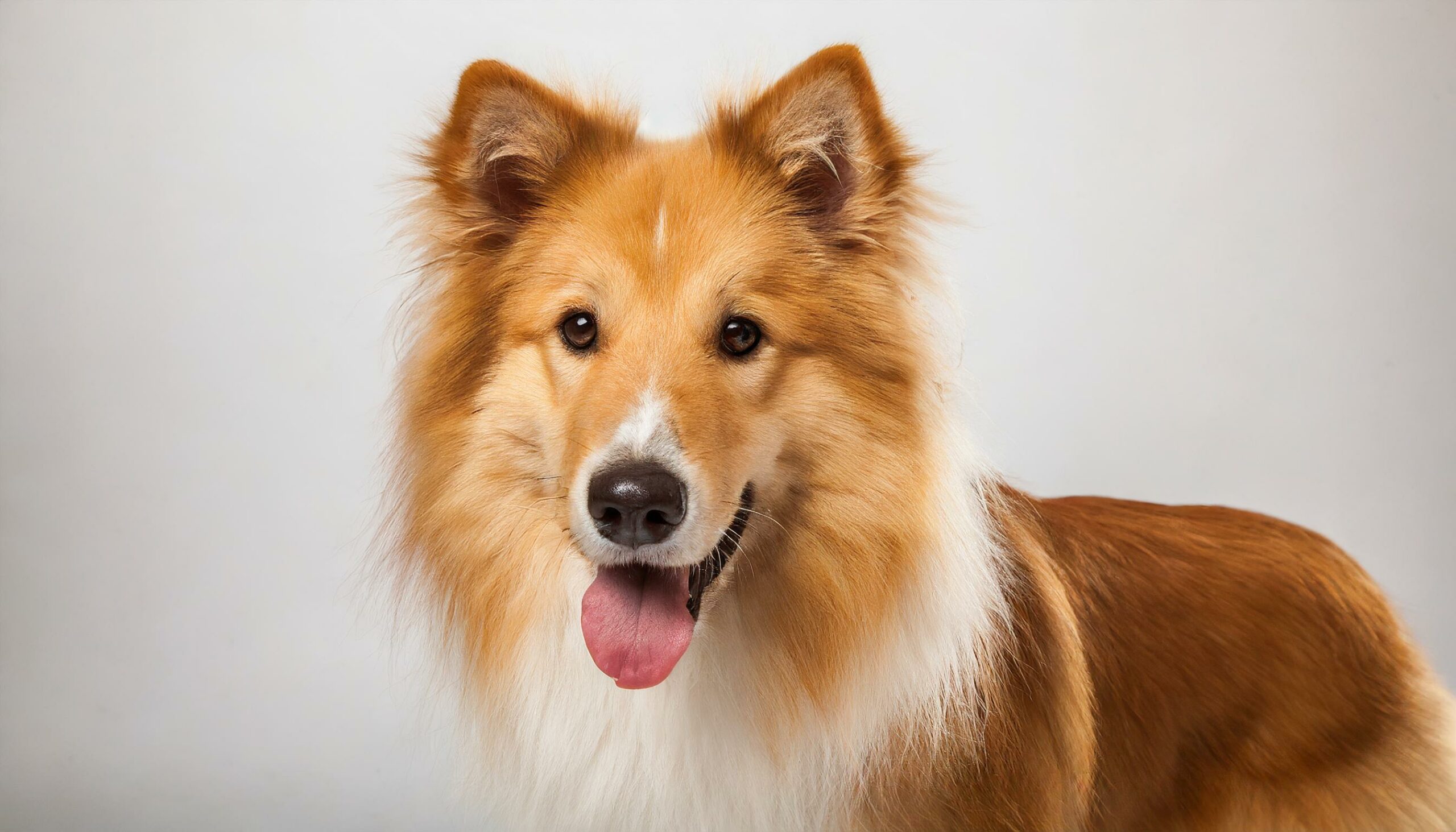The Icelandic Sheepdog, Iceland’s only native dog breed, is a charming and resilient herding dog that has been an integral part of Icelandic life since the arrival of the first Viking settlers. Known for its friendly demeanor, expressive face, and vocal nature, this breed is deeply rooted in the Nordic country’s history, often depicted alongside the Norsemen in ancient literature and artifacts. Despite its small size, the Icelandic Sheepdog is a hardy and versatile working dog, bred to herd sheep, cattle, and horses across the rugged terrain of Iceland.
Origins and History
The Icelandic Sheepdog’s lineage can be traced back to dogs brought to Iceland by the Vikings in the 9th and 10th centuries. These early ancestors of the breed played a crucial role in the agricultural society of medieval Iceland, herding livestock and protecting farms from predators. Over centuries, the Icelandic Sheepdog was refined to adapt to Iceland’s harsh climate and challenging landscapes, becoming an indispensable companion to Icelandic farmers. Despite facing near extinction in the 20th century due to disease and changing agricultural practices, dedicated breeding programs have revived the breed, which is now celebrated as a national treasure in Iceland.
Physical Characteristics
The Icelandic Sheepdog is a spitz-type breed, characterized by its thick double coat, curled tail, and prick ears. Standing at about 16 to 18 inches at the shoulder for males and slightly smaller for females, this breed is sturdy and compact, built for agility and endurance. The coat can be short or long, with a range of colors including shades of tan, black, gray, and white, often with distinctive markings. Their expressive eyes and alert expression convey a keen intelligence and playful spirit.
Temperament and Personality
Known for its cheerful and friendly nature, the Icelandic Sheepdog is an affectionate and loyal family companion. This breed is renowned for its sociability, eagerly greeting friends and strangers alike, making it an excellent choice for families with children and other pets. Icelandic Sheepdogs are intelligent and responsive, thriving on mental stimulation and physical activity. They possess a strong herding instinct, often displayed in their tendency to herd people and animals. Despite their work-oriented lineage, they are adaptable and can thrive in various living environments, provided they receive adequate exercise and companionship.
Health and Care
The Icelandic Sheepdog is generally a healthy breed with a lifespan of 12 to 15 years. They are prone to few genetic health issues, though care should be taken to screen for common conditions such as hip dysplasia and eye disorders. Their thick coat requires regular grooming to prevent matting and manage shedding, especially during seasonal changes. This breed benefits from regular exercise and enjoys participating in activities such as herding, agility, and obedience training.
Ideal Home Environment
The ideal home for an Icelandic Sheepdog is one that can provide love, attention, and plenty of opportunities for physical and mental engagement. They are well-suited to active individuals or families who enjoy outdoor activities and are looking for a dog that can be an integral part of their daily lives. Their friendly and outgoing nature makes them great companions for homes with children and other pets. Owners should be prepared for the breed’s vocal tendencies, as Icelandic Sheepdogs are known to communicate with their distinctive barks and howls.
Conclusion
The Icelandic Sheepdog is a breed that embodies the spirit of Iceland’s rugged landscape and rich heritage. With its friendly disposition, adaptability, and loyalty, this breed has won the hearts of dog lovers around the world. For those seeking an active, intelligent, and affectionate companion, the Icelandic Sheepdog offers a unique blend of qualities that make it an excellent addition to a loving home.
